Theoretical background for asymptotic exact Continuous Global L2 (CGL2) recovery-based error estimator
Please login to view abstract download link
In 1987 Zienkiewicz and Zhu introduced the so-called ZZ-estimator [1] for classical C0-continuous Lagrange finite elements. In [2] we investigated this estimator for Isogeometric methods and denoted it as Continuous Global L2 (CGL2) recovery-based error estimator. The original ZZ-estimator has shown to work well for low order classical C0-continuous Lagrange finite elements but don’t work well in general, and even may fail completely, for higher order finite elements, see [3]. However, as shown in [2] and [3] CGL2 works well for higher order isogeometric finite elements. Furthermore, in [3] we developed a remedy for higher order classical C0-continuous Lagrange finite elements. Herein, we present a theoretical background and related assumptions for asymptotic exact CGL2 recovery-based error estimators. We will demonstrate the performance by means of numerical examples for Poisson and Stokes problems. [1] O.C. Zienkiewicz, J.Z. Zhu, “A simple error estimator and adaptive procedure for practical engineering analysis”, International Journal for Numerical Methods, Vol. 10, pp. 337-357, (1987). [2] M. Kumar, T. Kvamsdal, K.A. Johannessen, “Superconvergent patch recovery and a posteriori error estimation technique in adaptive isogeometric analysis”. Computer Methods in Applied Mechanics and Engineering, Vol. 316, pp. 1086-1156, (2017). [3] A. Abdulhaque, T. Kvamsdal, K.A. Johannessen, M. Kumar, A. M. Kvarving, “An efficient and easy-to-implement recovery-based a posteriori error estimator for isogeometric analysis of the Stokes equation”, Computer Methods in Applied Mechanics and Engineering, Vol. 424, 116889, (2024).

